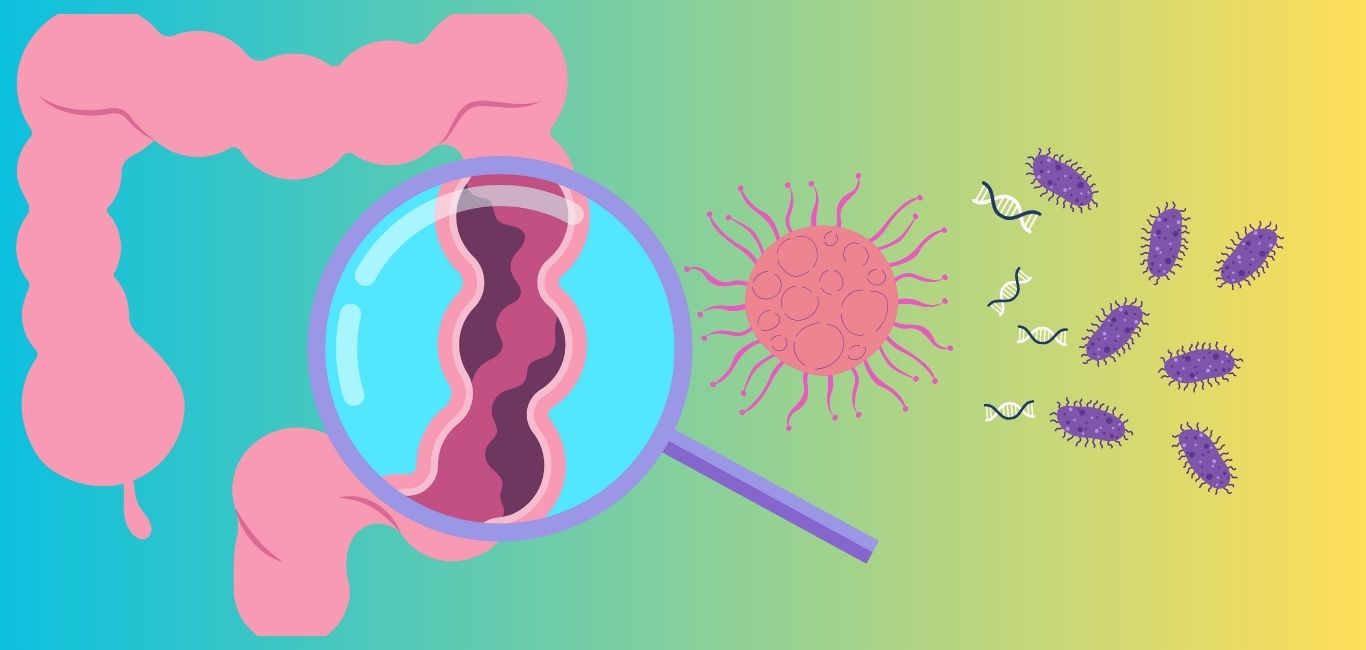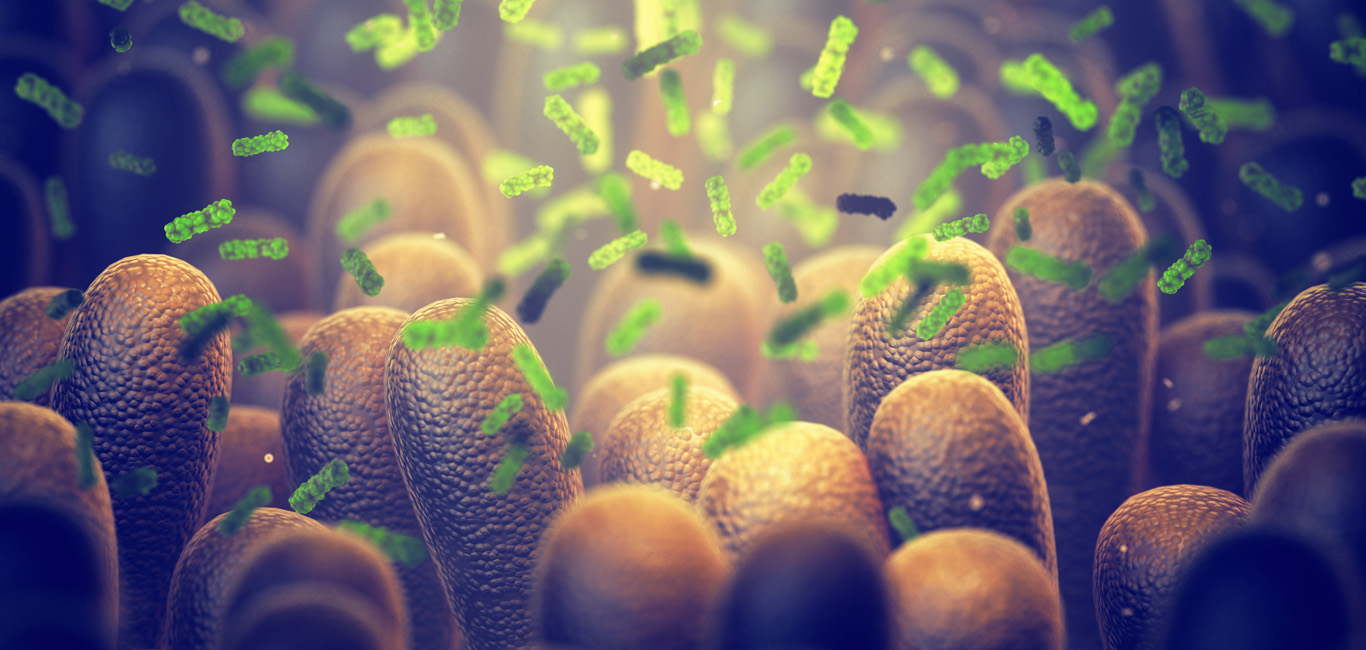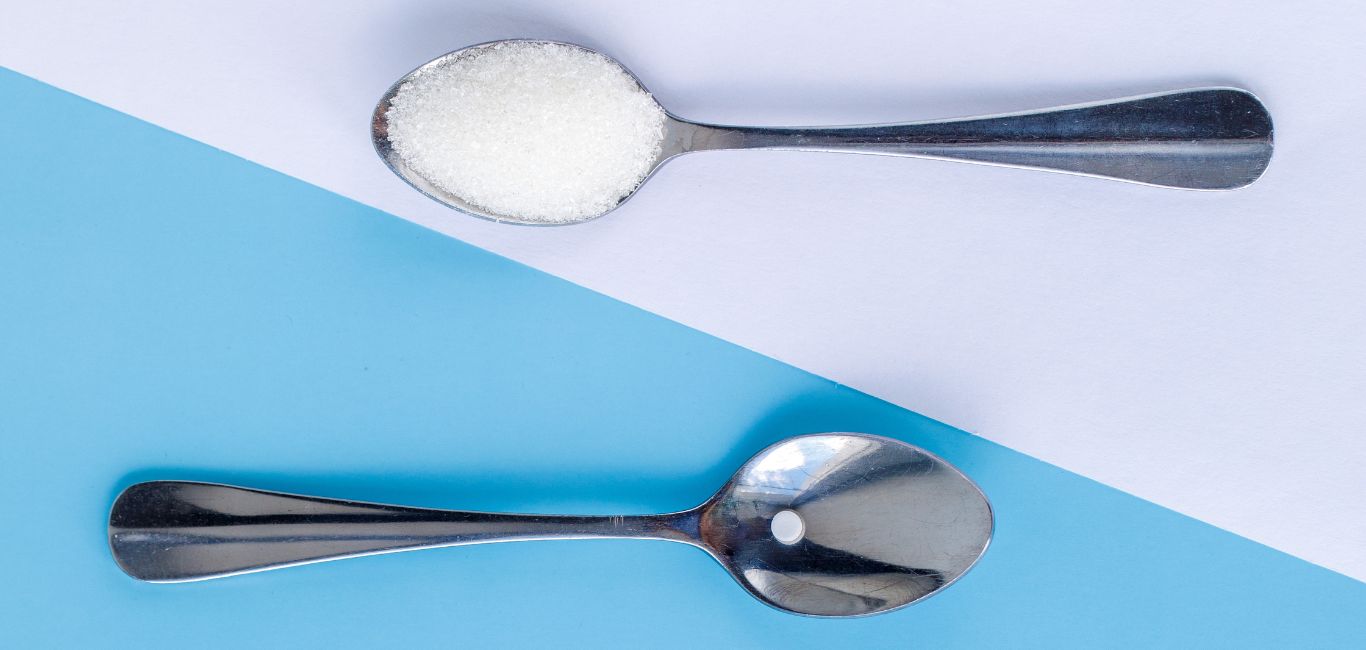
Researchers at the University of California, San Diego, along with their colleagues from Australia, have successfully engineered a bacterium to be able to detect the DNA from cancerous tumours in mammalian cells. The new tool called “Cellular Assay for Targeted CRISPR-discriminated Horizontal gene transfer,” or “CATCH,” was designed to do just that.
The breakthrough could lead to the development of powerful tools to diagnose cancers at early stages.
In a study published in the journal Science, the researchers explained how they engineered a bacterial species called Acinetobacter baylyi (A. baylyi) (naturally found in the gut) to turn it into a biosensor that can detect colorectal cancer.
They tested the biosensor’s abilities to detect DNA released by tumours in mice. They targeted the DNA shed by colorectal cancers into the environment, something that cannot be done using current diagnostic techniques.
“All cancers involve DNA mutations, which is what makes it a good sensing target,” the study’s co-first author and scientist at UC San Diego’s Synthetic Biology Institute, Rob Cooper told Happiest Health. “Free DNA degrades in the gut, so biosensors that are positioned to detect tumour DNA right as it is released may have an advantage.”
“As we started on this project four years ago, we weren’t even sure if using bacteria as a sensor for mammalian DNA was even possible,” said scientific team leader Jeff Hasty, a professor in the UC San Diego School of Biological Sciences and Jacobs School of Engineering.
———————————————————————————-
Also read:
Researchers bioengineer melanin for use in photothermal therapy
Harvard engineers virus-resistant bacteria
———————————————————————————-
The idea of using a bacterium as a sensor for colorectal cancer came to Cooper years ago when he was presenting a paper on A.baylyli. In his paper he established that the A. baylyi bacteria can “steal” genes from other bacteria. This technique is known as horizontal gene transfer and usually occurs between bacteria.
It was here that his collaborator, Dan Worthley, a clinical gastroenterologist, wondered if this bacterium could potentially be used to sense DNA from colorectal tumours. Together they hatched a plan to make it possible.
For this, they first developed a method for the bacterial cells to be able to capture the free DNA released by cancer cells in the colon. They then used CRISPR to engineer the bacteria such that it could only take up mutated forms of a gene called KRAS that is often found in precancerous polyps or cancer.
“It was incredible when I saw the bacteria that had taken up the tumour DNA under the microscope. The mice with tumours grew green bacterial colonies that had acquired the ability to grow on antibiotic plates,” said Worthley, a gastroenterologist and cancer researcher with the Colonoscopy Clinic in Brisbane, Australia.
The researchers are now looking to modify and adapt this strategy to detect human cancers and infections. It would be an improvement over current DNA sensing techniques that use purified samples to detect DNA, something that can be quite expensive.
“The power of living biosensors is that they work with unpurified samples, and in the case of colorectal cancers, they can detect DNA before it degrades. We envision this as a less expensive, point-of-care technology that could complement current techniques,” Cooper added.
Siddhartha Mukherjee, famed oncologist, and an associate professor at Columbia University, who was not involved in the study, said that the development pointed to a future where conditions will be treated and prevented by cells and not with pills.
“A living bacterium that can detect DNA in the gut is a tremendous opportunity to act as a sentinel to seek and destroy gastrointestinal, and many other cancers,” said Mukherjee.

















